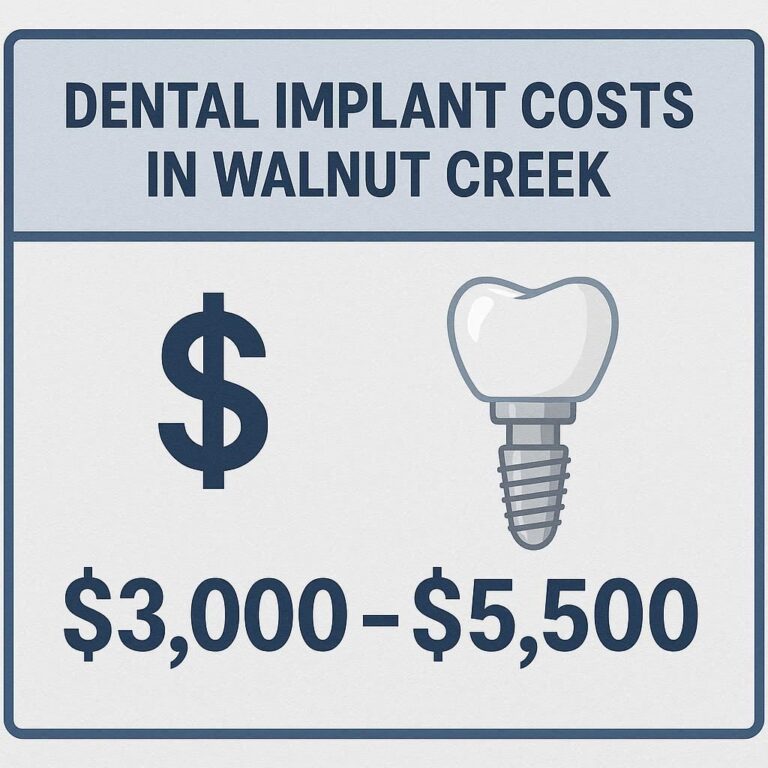The Complete Guide to Dental Transplant Cost and Financing
A confident smile is priceless, but the cost of dental transplants can be a major concern for many patients. Whether you’re missing a single tooth or require a full-mouth restoration, understanding the financial aspects of dental transplants is crucial.
Dental transplants, particularly implants, are among the most advanced and long-lasting tooth replacement options available. However, their high cost often deters patients from pursuing treatment. This comprehensive guide will break down the expenses involved, explore financing options, and help you make an informed decision about restoring your smile.

2. What Is a Dental Transplant?
A dental transplant, commonly referred to as a dental implant, is a surgical procedure where an artificial tooth root (usually made of titanium) is placed into the jawbone to support a replacement tooth or bridge. Unlike dentures, implants are permanent and provide a natural look and feel.
Key Benefits of Dental Implants:
-
Permanent solution (lasts 20+ years with proper care)
-
Prevents bone loss by stimulating the jawbone
-
Restores full chewing function
-
No slippage or discomfort compared to dentures
3. Types of Dental Transplants
A. Single Dental Implants
-
Cost: $1,500 – $6,000 per tooth
-
Best for: Replacing one missing tooth
B. All-on-4 Implants
-
Cost: $15,000 – $30,000 per arch
-
Best for: Full-mouth restoration with minimal implants
C. Bone Grafting for Dental Transplants
-
Cost: $300 – $3,000
-
Required if the jawbone is too thin or weak
D. Zygomatic Implants
-
Cost: $20,000 – $50,000 per arch
-
Used for patients with severe bone loss (anchored in cheekbones)
4. Factors Affecting Dental Transplant Costs
| Factor | Impact on Cost |
|---|---|
| Material Quality | Titanium vs. zirconia implants vary in price |
| Number of Teeth | Full-mouth implants cost significantly more |
| Geographic Location | U.S. and Western Europe are most expensive |
| Dentist’s Experience | Specialists charge more than general dentists |
| Additional Procedures | Bone grafts, sinus lifts increase total cost |
5. Average Cost Breakdown of Dental Transplants Worldwide
A. United States
-
Single implant: $3,000 – $6,000
-
Full-mouth implants: $24,000 – $100,000
B. Europe
-
Single implant: $1,500 – $4,000
-
Full-mouth implants: $15,000 – $50,000
C. Asia (Medical Tourism Hotspots)
-
Single implant: $800 – $2,500
-
Full-mouth implants: $7,000 – $20,000
6. Dental Transplant Financing Options
A. Dental Insurance
-
Some plans cover 10-50% of implant costs.
-
Check for annual maximums (usually $1,000–$2,000).
B. Payment Plans
-
Many clinics offer 0% interest financing for 12–24 months.
C. Medical Credit Cards
-
CareCredit and LendingClub offer low-interest loans for dental work.
D. Health Savings Accounts (HSAs)
-
Use pre-tax dollars to pay for implants.
E. Government & Non-Profit Assistance
-
Medicaid (limited coverage)
-
Dental schools (low-cost procedures by students)
7. Pros and Cons of Dental Transplants
Pros:
✔ Permanent solution
✔ Natural look and feel
✔ Prevents bone loss
Cons:
✖ High upfront cost
✖ Surgical risks (infection, nerve damage)
✖ Long healing time (3–6 months)
8. How to Choose the Right Dental Transplant Specialist
-
Look for board-certified prosthodontists or oral surgeons.
-
Check before-and-after photos of past patients.
-
Read patient reviews on Google and RealSelf.
-
Ask about warranties on implants.
9. Recovery and Aftercare Costs
-
Follow-up visits: $100–$300 per session
-
Prescription medications: $50–$200
-
Temporary prosthetics: $300–$1,000
10. Alternatives to Dental Transplants
-
Dentures: $600–$8,000 (removable)
-
Dental Bridges: $1,500–$5,000 (fixed but less durable)
11. Frequently Asked Questions (FAQs)
Q1: Does insurance cover dental implants?
Some plans partially cover implants if medically necessary.
Q2: Can I get dental implants if I have bone loss?
Yes, but you may need a bone graft first.
Q3: How long do dental implants last?
With proper care, they can last 20–30 years or longer.
Q4: Are dental implants painful?
Local anesthesia ensures minimal discomfort during surgery.
Q5: What’s the cheapest country for dental implants?
Countries like Mexico, Turkey, and Thailand offer 50–70% savings.
12. Conclusion
Dental transplants are a life-changing investment in oral health, but costs vary widely based on materials, location, and additional procedures. Financing options like insurance, payment plans, and medical loans can make treatment more affordable. Always consult a qualified specialist to determine the best solution for your needs.


